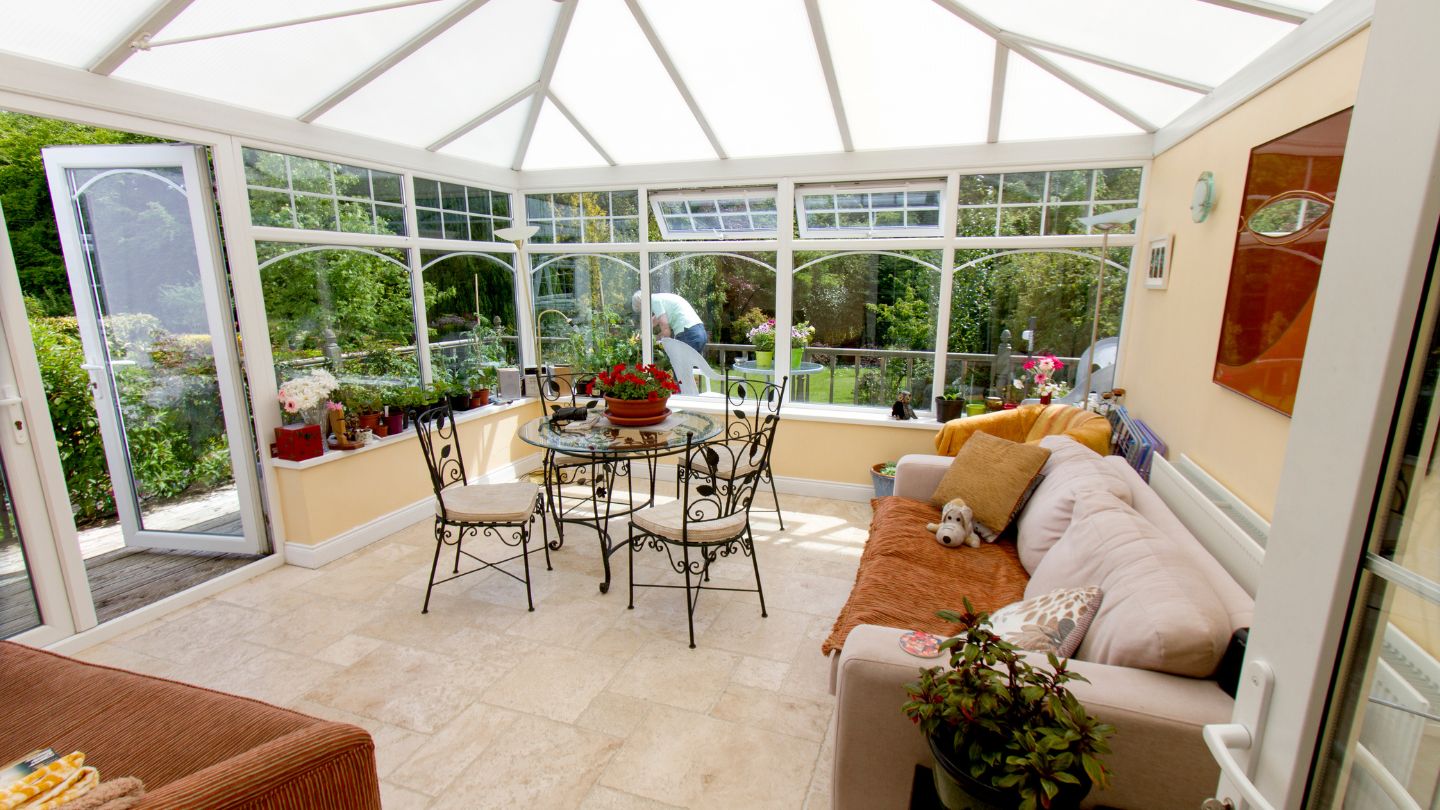Introduction
Orlando, Florida, is renowned for its sunny weather, breathtaking theme parks, and vibrant culture. However, what many people might not realize is how the climate significantly influences building practices in this region. The combination of humidity, heat, storms, and occasional hurricanes plays a pivotal role in shaping architectural designs and construction methods.
When considering construction in Orlando, hiring a General Contractor Orlando FL is essential. These experts are well-versed in the local climate's implications on building materials and techniques. In this article, we will dive deep into the various ways the climate impacts building practices in Orlando while highlighting the expertise of Double T Construction & Roofing, a leading name among general contractors in the area.
Understanding Orlando's Climate
What is the Climate Like in Orlando?
Orlando has a humid subtropical climate characterized by hot summers and mild winters. With average temperatures soaring above 90°F during summer months and dipping to around 50°F in winter, understanding this climate is crucial for any construction ttconstructionandroofing.com project.
Seasons in Orlando: An Overview
Summer (June - September):- Hot and humid with frequent thunderstorms. Average high temperatures: 90°F to 95°F. Rainy season peaks; expect heavy showers.
- Temperatures begin cooling down slightly. Less humidity; pleasant conditions prevail. Hurricane season can extend until late November.
- Mild temperatures; rarely drops below 40°F. Dry season; minimal rainfall.
- Warming up again with increased humidity. Preparation for the upcoming storm season begins.
How Does Climate Affect Construction Materials?
The composition of building materials must adapt to withstand Florida's specific climatic challenges. For instance:
- Roofing: Materials must be resistant to UV rays and capable of handling heavy rain. Many opt for metal or tile roofs due to their durability. Foundations: Given Florida's sandy soil, proper drainage systems are crucial to prevent flooding during heavy rains.
Building Codes and Regulations: Adapting to the Environment
Local Building Codes Overview
Given Orlando’s unique climatic conditions, local building codes are designed with safety and durability in mind:
- Structures must adhere to wind load requirements due to potential hurricanes. Fire-resistant materials are often mandated given seasonal droughts that can increase fire risks.
Permitting Process: What You Need to Know
Navigating through permits can be daunting. Here’s a simplified breakdown:
Application Submission: Submit your plans to the local permitting office. Review Phase: Engineers review your plans against local codes. Approval & Inspections: Once approved, inspections will occur at various stages during construction.Choosing the Right Materials for Your Project
Weather-Resistant Materials: The Best Choices
When constructing a building in Orlando, opting for weather-resistant materials ensures longevity:
- Vinyl Siding: Offers durability against moisture and UV damage. Concrete: Perfect for foundations due to its resilience against flooding. Impact Windows: Protect against flying debris during storms while providing insulation.
Sustainable Building Practices
In recent years, there's been a push towards sustainable practices owing to environmental awareness:
- Utilize energy-efficient appliances. Invest in solar panels which thrive under Florida’s abundant sunshine.
Designing for Ventilation and Humidity Control
Why Ventilation Matters
Proper ventilation reduces indoor humidity levels which helps prevent mold growth—a common issue in humid climates like Orlando’s.
Strategies for Effective Ventilation:
Install exhaust fans in kitchens and bathrooms. Use HVAC systems designed specifically for humid environments.Incorporating Outdoor Spaces
Outdoor living has become increasingly popular as it allows residents to enjoy Florida's wonderful weather while promoting airflow through homes:
- Incorporate patios or balconies into designs.
Storm Preparedness: Building Resiliency Against Hurricanes
Hurricane-Proofing Your Home or Business
With hurricanes being a real threat, structures need to be built with resilience:
Use reinforced concrete walls for added strength. Install hurricane shutters on windows to protect against wind-driven rain.Insurance Considerations Post-Storm Damage
After severe weather events like hurricanes or tropical storms, ensuring that your property is insured adequately becomes crucial:
- Check if your insurance covers wind damage specifically related to hurricanes.
The Role of Landscaping in Climate Adaptation
Landscaping Techniques That Help Combat Erosion
Landscaping isn’t just about aesthetics—it plays a significant role in protecting buildings from water damage:
Employ xeriscaping techniques that require minimal irrigation. Utilize native plants that thrive well without excessive watering.Creating Natural Barriers Against Flooding
Strategically planting trees can help manage runoff during heavy rains while providing shade—a win-win!
FAQ Section
1. Why is it important to hire a General Contractor in Orlando?
Hiring a General Contractor ensures that you have an expert who understands local regulations and can navigate complex permitting processes efficiently.
2. What types of roofing materials are best suited for Orlando’s climate?
Metal roofs and clay tiles are excellent choices as they provide durability against heat and rain while also enhancing aesthetic appeal.
3. How does humidity affect indoor air quality?
High humidity levels can lead to mold growth which adversely affects indoor air quality; thus proper ventilation systems are necessary.
4. Are there specific building codes related to hurricane preparedness?
Yes! Buildings must conform to specific wind load requirements and employ construction techniques designed to withstand hurricane conditions.
5. What role does landscaping play in flood prevention?
Effective landscaping can manage runoff and reduce erosion by creating natural barriers which protect structures from flood damage during heavy rains.
6. How often should I inspect my roof after a storm?
It’s wise to inspect your roof immediately after any significant storm event followed by regular checks at least twice yearly thereafter.
Conclusion
Understanding how climate influences building practices in Orlando is vital not only for durability but also for safety and sustainability reasons. Whether you're embarking on new construction or renovation projects, working with an experienced team like Double T Construction & Roofing ensures that your project meets all necessary standards tailored specifically for our unique environment here in Central Florida—the importance of hiring a qualified General Contractor Orlando FL cannot be overstated!

By embracing innovative materials, adhering strictly to building codes, prioritizing sustainability, and preparing adequately for storms—homeowners can create resilient structures that stand the test of time against Florida's unpredictable weather patterns!